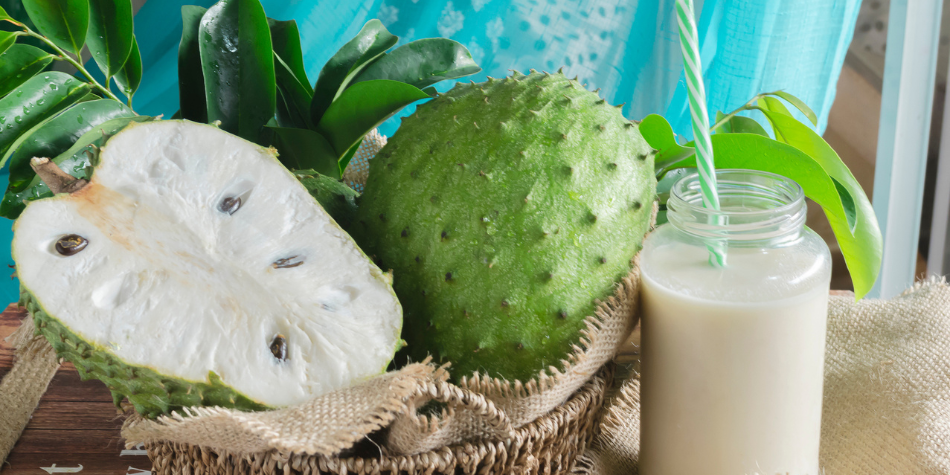It is very important to take care of our gut microbiota, since we can avoid allergies and have a good immune system. This community of microorganisms has the main functions of producing vitamins, recovering energy in the form of fatty acids and protecting us from the invasion of infectious agents.
Dr. Cynthia Neglia, nutritionist from the César Vallejo University explains to us about the importance of taking care of our intestinal microbiota.
What is the intestinal microbiota?
The intestinal microbiota is the entire community of microorganisms that live in the digestive system, which are essential for the correct growth of the development of immunity to promote adequate nutrition in people.
What are the main functions of the intestinal microbiota?
It has three main functions:
Nutrition:
It has a function of nutrition and metabolism. This is the result of certain biochemical processes of the flora itself, known as the microbiota, which helps us recover energy in the form of fatty acids. It works for the production of vitamins and favorable effects on the absorption of calcium and iron.
Protection:
Prevents the invasion of infectious agents or the overgrowth of pathogenic bacteria.
Modulation of the immune system:
It serves us for the proliferation and differentiation of the intestinal epithelium on the development and modulation of the immune system.
♦Microbiota and allergies
First of all, it is important to determine how the birth of people occurs, because it is linked to the intestinal microbiota that we have. For example: cesarean or vaginal births can lead to significant differences in the composition of this bacterial community, which is our intestinal flora.
There is scientific support where researchers point out that children who have been born by C-section have certain bacteria that are less numerous compared to those children who have been born vaginally. These differences in the composition of the microbiota are linked to a higher risk of developing allergic diseases and asthma.
♦food is key
Food is a key factor in preventing the onset of allergies. Breastfeeding favors the colonization of beneficial bacteria. Breast milk contains oligosaccharides, which are complex carbohydrates that constitute the main food of the intestinal microbiota. They contribute to the maintenance of a balanced bacterial community capable of training the immune system and making it big and strong.
When a mother decides to wean the baby, the intestinal microbiota composition changes, it diversifies. There are several scientific investigations that have shown the importance of opting for a diet rich in fiber and continue to nourish these beneficial bacteria.
antibiotics
Exposure to antibiotics is one of the main causes of imbalance in the intestinal microbiota. However, it is known that these imbalances are linked to health problems.
There is strong evidence that taking antibiotics by the mother during pregnancy increases the risk of allergies in the newborn. Taking antibiotics in a newborn during the first month of life is linked to an allergy to cow’s milk.
It should be noted that there are diseases in which the consumption of antibiotics is necessary, and for this, it is important to administer probioticsprebiotics and symbiotics (which is a mixture of both) to restore that intestinal microbiota and even strengthen the immune system against allergies.
Care of our intestinal microbiota
It is important to take care of our microbiota and this is achieved with a diverse and balanced diet.
What should we do first?
Consume prebiotics that act as fertilizers for intestinal microorganisms and encourage the growth of intestinal bacteria, which will benefit our intestinal microbiota. Consume foods of plant origin, including fruits and vegetables, whole grains, legumes, seeds and nuts that are naturally rich in prebiotic fibers.
Then consuming probiotics, their function is like helping to seed the gut with specific beneficial microbes.
You must have a diet rich in soluble fiber, which promotes the growth and activity of beneficial bacteria such as: garlic, onion, asparagus, artichokes, bananas, bran, nuts. Maintaining our intestinal microbiota properly will benefit our health.
It may interest you:
Do you do a sport in the morning? Know what foods you should eat for breakfast
Freshly squeezed orange juice delays aging
Nutritional supplements: When to start taking them and which ones should I choose?

